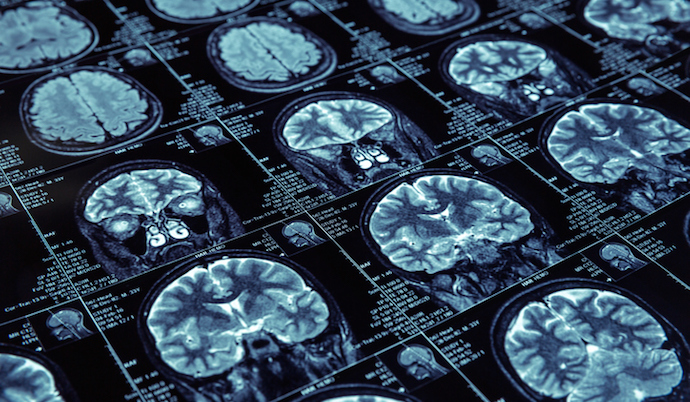Precision imaging of premalignant cancer

Current imaging tests provide inadequate sensitivity/specificity for detection of pre-malignant pancreatic cancer lesions because they are either too small (e.g. on MRI/CT) or isointense/isodense to normal tissue. This potentially leads to missed diagnoses on imaging in at-risk patients. This project gathers a team of clinical/non-clinical scientists to work on this challenge, more specifically, through the combination of two novel non-invasive approaches to increase the diagnostic yield of MRI in patients with early malignant disease: 1- Development of new multifunctional targeted nanoparticles for detection of pre-malignant pancreatic lesions, and 2- Improvement of MRI diagnostic yield through the application of super-resolution reconstruction (SRR) and quantitative MRI from MR Fingerprinting (MRF) for reproducible and rapid scanning.
Pancreatic cancer has the lowest survival of all common cancers, with five-year survival less than 7%, and the 5th biggest cancer killer in the UK [PCUK]. Early diagnosis is crucial to improve survival outcomes for people with pancreatic cancer; with one-year survival in those diagnosed at an early stage six times higher than one-year survival in those diagnosed at stage four. However, around 80% of patients are not diagnosed until the cancer is at an advanced stage. At this late stage, surgery/treatment is usually not possible. Not only do we need to have the tools and knowledge to diagnose people at an earlier stage, but we also need to make the diagnosis process faster so that we don’t waste any precious time in moving people onto potentially life-saving surgery or other treatments.
Collaborators
UCL Hospitals NHS Trust, universities of Strathclyde, Glasgow, Liverpool and Imperial College London.

